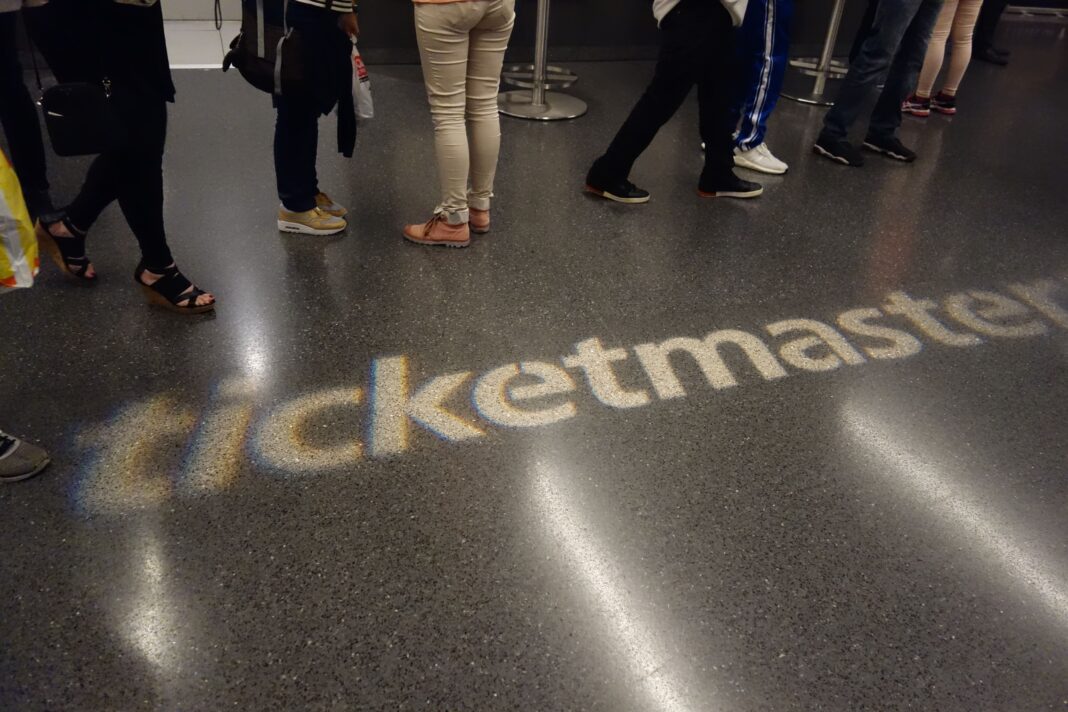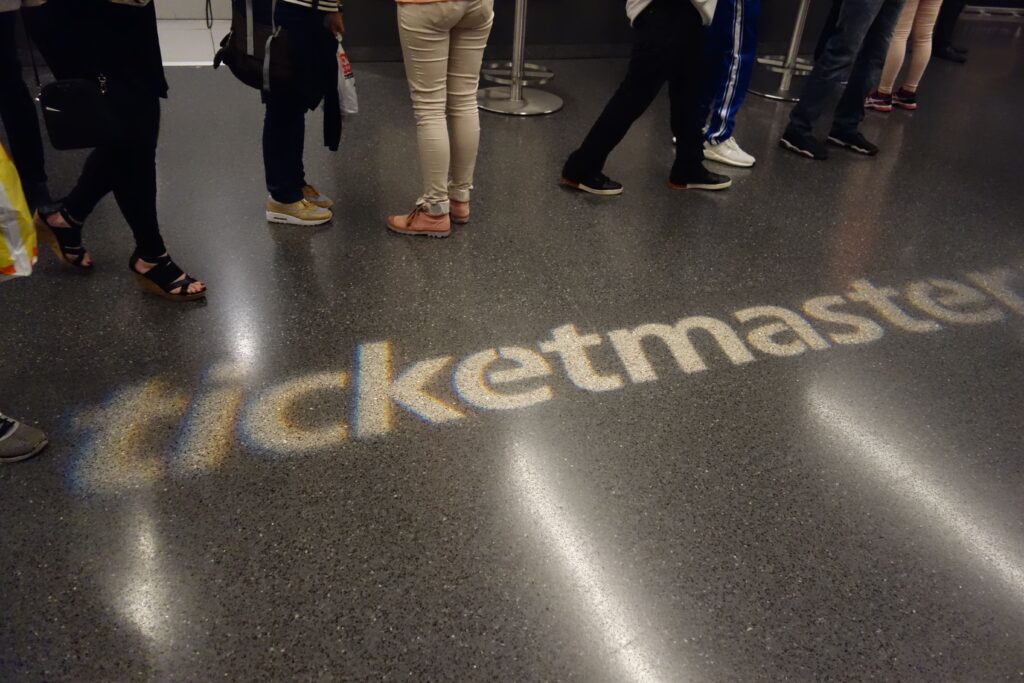

After a bipartisan group of lawmakers introduced new legislation in the Senate in December, music enthusiasts were filled with hope that buying concert tickets would finally become a more accessible, fan-friendly experience. The bill, titled the “Fans First Act,” was designed to address three major issues that have plagued the concert industry this past year: price transparency, consumer protection and the usage of bots.
However, as concertgoers wait for the Fans First Act to be signed into law, they continue to struggle with seeing their favorite artists live. As 2024 ticket sales have gotten underway, some fans say the promises made by the Fans First Act could not come any sooner.
Since the new legislation was introduced, multiple concertgoers have told the Hurricane that buying concert tickets seems to have become harder than ever. Many say that ticket-selling sites are prioritizing profits over fan’s interests, leaving them frustrated and disheartened.
“The scalper market these last few years has become completely insane,” said Maddie Wilson, a senior studying biology. “Nobody is getting the chance to see their favorite artists anymore and sites like Ticketmaster continue to allow it.”
The Fans First Act was introduced by a group of both Republican and Democratic senators as a response to a treacherous year in the concert industry, marked by incidents like Ticketmaster’s failure to meet the overwhelming demand for Taylor Swift’s Eras Tour. The ensuing chaos led to a wave of fan-initiated lawsuits, exposing the flaws and shortcomings of the existing ticketing system.
The act claims to tackle these issues head-on. Price transparency provisions are meant to ensure that fans know exactly what they are paying for, without hidden fees or inflated prices.
Additionally, the act promises to target the use of bots, which have long been a tool for scalpers to buy tickets in bulk, leaving genuine fans empty-handed. These proposed provisions, if signed into law, would ensure a fair and secure ticket-buying experience.
Even though the act was introduced three months ago, it has yet to advance to a vote. Prices remain high, consumer protections are easily avoided, and bots continue to take up space on the website.
In mid-February, fans of Olivia Rodrigo — the musician and actress who starred in the televised adaptation of the “High School Musical” films and who’s known for her hits “Drivers License” and “Vampire” — were given a second opportunity to purchase tickets for her highly anticipated Guts tour, since her original sale was limited and occurred before the proposed legislation.
For the low price of $20, Ticketmaster gave buyers a “Silver Star” ticket, which would place them at randomly selected seats throughout the venue. However, the large majority of fans were not even granted access to this sale, leaving room for scalpers and bots to run in.
It appears many fans didn’t get a chance to snag one of these tickets, after all. In an unofficial poll from 900 Rodrigo fans on X from the user @Guts_ResellOR, over 96% of users did not receive access to the Silver Star sale, let alone any email at all, leaving hundreds on the platform feeling incredibly frustrated.
Evan, the account owner, expressed her own feelings towards the situation, revealing she was “shaking with anger” when she saw the extent of people being left out of the sale.
“Ticketmaster obviously does not care about Olivia Rodrigo fans and still does not months later for Silver Star Tickets. Mistakes were made, and it’s very sad how so many fans are let down and confused right now,” she angrily expressed once Ticketmaster failed to address the situation.
Other users on the platform called Ticketmaster for an explanation. Kylie Murphy, a dedicated Rodrigo fan, said the company was negligent in its communications and even told fans different forms of misleading information on X’s Ticketmaster support line.
“Me and my friend felt like sitting ducks just waiting for a response that never came,” Murphy said.
Riley Simon, a senior studying political science, says she was let down by Ticketmaster once again. Since she tried to buy tickets last fall and was unsuccessful, she already had low expectations for the Silver Star Sale, but did not expect the sale to go as poorly as it did.
While Simon is glad that the new legislation will bring improvements in the fees and price transparency, she adds that it may still be useless without physical access to the sale itself.
“This still leaves fans stuck with overpriced seats on resale platforms. Concert tickets used to be much more accessible, and the recent price-gouging is ridiculous,” Simon added.
Since the Silver Star sale left thousands of fans in the dark, many are left with the option to pay for price-gaged tickets bought by scalpers — which are sometimes 3-4 times the original value — or to miss out on the concert altogether. This is not just the case with fans of Olivia Rodrigo, but any concert goer who missed out on access to sales for their favorite artists.
As these frustrated fans deal with the continued challenges of obtaining tickets, the live events industry finds itself at a crossroads. The dream of a fans-first ticket experience, promised by the Fans First Act, though a step in the right direction, still seems far-fetched. Concertgoers and artists alike are left wondering if the legislative efforts will bring the positive change they had hoped for, or if further improvements are necessary to truly prioritize fans over financial gains.






